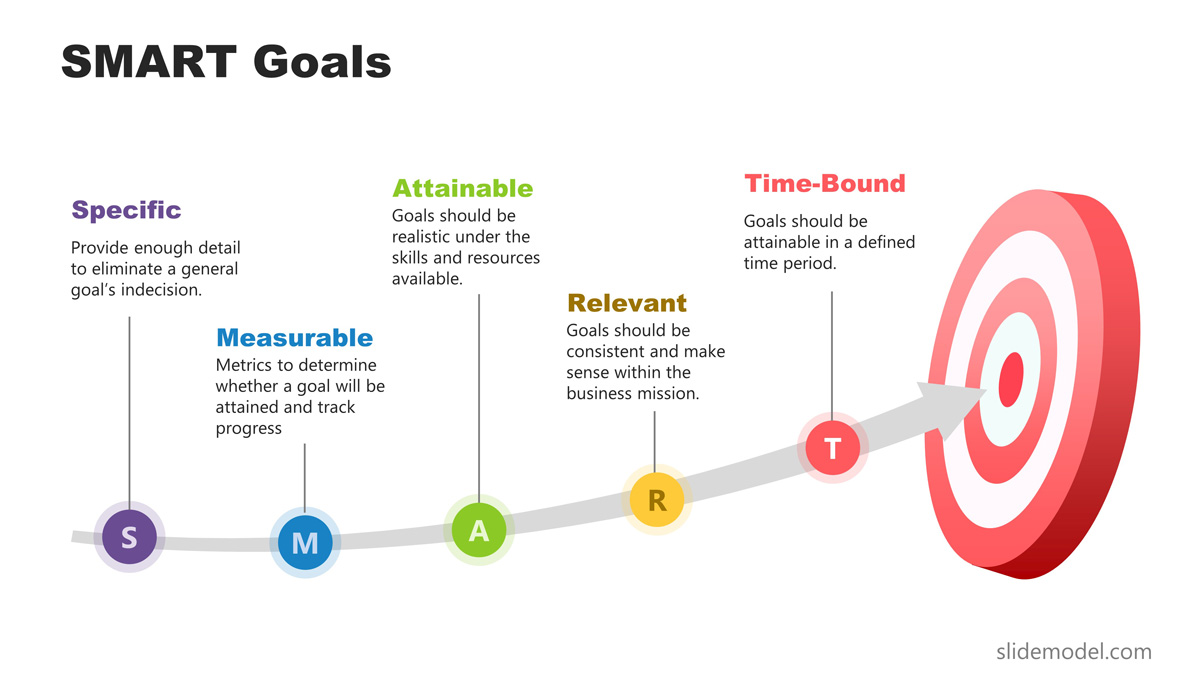Dream Big: Setting SMART Goals for Success!
Setting goals is an essential aspect of effective business management. Without clear goals in place, it can be challenging to measure progress and stay on track towards success. When setting goals for your business, it’s important to dream big and aim high. By setting ambitious goals, you can push yourself and your team to achieve more than you ever thought possible.
One popular approach to goal setting is the SMART criteria, which stands for Specific, Measurable, Achievable, Relevant, and Time-bound. This framework helps ensure that your goals are clear, realistic, and aligned with your overall business objectives. By following the SMART criteria, you can increase your chances of success and drive growth in your business.
Specific goals are clear and well-defined, leaving no room for ambiguity. When setting goals for your business, be as specific as possible about what you want to achieve. Instead of saying, I want to increase sales, try setting a specific goal like, I want to increase sales by 20% in the next quarter. This way, you have a clear target to aim for and a measurable outcome to strive towards.
Measurable goals are quantifiable and can be tracked over time. By setting measurable goals, you can easily monitor your progress and make adjustments as needed. For example, if your goal is to increase website traffic, you can track the number of visitors each month to see if you are on track to meet your target. Measuring your progress is essential for staying motivated and focused on your goals.

Image Source: slidemodel.com
Achievable goals are realistic and attainable within a given timeframe. While it’s important to dream big, it’s also crucial to set goals that are within reach. Setting unattainable goals can lead to frustration and demotivation, so be realistic about what you and your team can accomplish. Break down larger goals into smaller, more manageable tasks to make them more achievable.
Relevant goals are aligned with your business objectives and will have a positive impact on your overall success. When setting goals, consider how they will contribute to the growth and success of your business. Make sure that your goals are relevant to your long-term vision and will help you move closer to your ultimate objectives. By setting relevant goals, you can ensure that your efforts are focused on what truly matters.
Time-bound goals have a clear deadline for completion, helping to create a sense of urgency and accountability. Without a deadline, goals can drag on indefinitely, leading to procrastination and lack of progress. By setting a timeframe for achieving your goals, you can stay motivated and on track towards success. Make sure to set realistic deadlines that allow for enough time to complete the necessary tasks, but also provide a sense of urgency to keep you moving forward.
In conclusion, setting SMART goals is a practical and effective way to drive success and growth in your business. By dreaming big and following the SMART criteria, you can set clear, achievable goals that will help you reach new heights of success. Stay focused, track your progress, and adjust your goals as needed to stay on the path to success. Dream big, set SMART goals, and watch your business thrive!
The Key to Business Growth: SMART Goal Setting
Setting goals is an essential part of running a successful business. Without clear objectives in place, it can be challenging to measure progress and stay on track towards achieving long-term success. This is where SMART goal setting comes into play. By creating goals that are Specific, Measurable, Achievable, Relevant, and Time-bound, businesses can set themselves up for growth and success.
When it comes to business growth, setting SMART goals is crucial. Specific goals help to provide clarity and direction for the entire team. By clearly defining what needs to be accomplished, everyone can work towards a common objective. For example, instead of setting a vague goal like increase sales, a specific goal would be increase sales by 10% in the next quarter.
Measurable goals are important for tracking progress and determining if the business is on the right path. By setting concrete metrics to measure success, businesses can easily determine if they are meeting their goals or if adjustments need to be made. For instance, a measurable goal could be to generate 100 new leads per month.
Achievable goals are realistic and attainable. While it’s important to dream big, setting goals that are too far out of reach can be demotivating. By setting achievable goals, businesses can boost morale and maintain a sense of accomplishment. For example, instead of aiming to double revenue in a month, a more achievable goal would be to increase revenue by 20% in the next quarter.
Relevant goals are aligned with the overall vision and mission of the business. It’s essential for goals to support the long-term growth and success of the company. By setting relevant goals, businesses can ensure that they are working towards a common purpose. For example, if a business’s mission is to become a leader in sustainable practices, setting a goal to reduce carbon emissions by 20% by the end of the year would be relevant.
Time-bound goals have a deadline attached to them. Setting a timeframe for achieving goals helps to create a sense of urgency and accountability. By establishing deadlines, businesses can stay focused and motivated to reach their objectives. For example, a time-bound goal could be to launch a new product line by the end of the quarter.
In conclusion, setting SMART goals is essential for business growth. By creating goals that are Specific, Measurable, Achievable, Relevant, and Time-bound, businesses can set themselves up for success. With clear objectives in place, teams can work towards a common purpose and measure progress along the way. By implementing SMART goal setting practices, businesses can pave the way for long-term growth and success.
Setting SMART Goals: A Guide for Effective Business Management